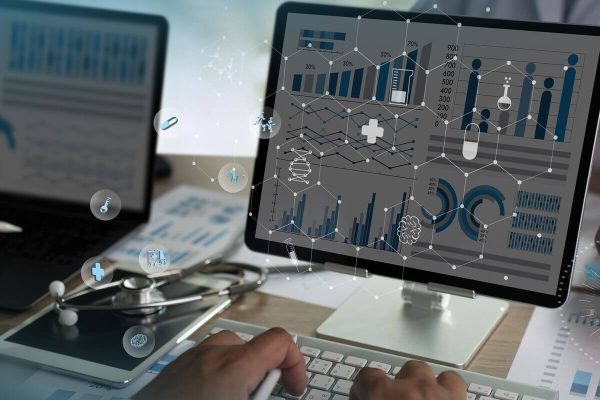Dual Diagnosis Treatment Near Katy, TX. Learn More at Skyward Treatment Center.
Unfortunately, many people struggle with both drug misuse and mental illness. Treating addiction and mental health disorders concurrently enhances the likelihood of living a healthy and productive substance-free life. Treating both disorders is an important element of the healing process and improves physical health. Anyone seeking help with addiction and a mental health problem could benefit a lot from dual diagnosis treatment.
So are you seeking dual diagnosis treatment near Katy, TX? Worry no more! Contact Skyward Treatment Center today!
Dual Diagnosis: What Is It?
Dual diagnosis, also known as co-occurring disorders (COD) or dual pathology, is a medical term that refers to when a person has an alcohol or drug addiction as well as mental health issues like depression, post-traumatic stress disorder, anxiety, an eating disorder, personality disorder, etc.
Addiction and psychiatric illnesses are inextricably linked, and they often develop concurrently over time. According to research, the majority of persons with dual diagnoses claim that their first mental disease happened before their first drug issue.
Treatment options for dual-diagnosis patients include:
- Cognitive behavioural therapy
- Motivational enhancement
- Dialectical behavioural therapy,
- 12-step meetings
- Contingency management
- Integrated group therapy
- Pharmacotherapy (use of medications to treat mental health issues such as depression)
Most importantly, people with dual diagnoses should get integrated therapy that addresses both mental health and drug use disorders.
How Can I Know If I Have a Dual Diagnosis? Signs
If you are seeking dual diagnosis treatment near Katy, TX, you may be wondering if your condition necessitates it. Below is a guide.
Many of the symptoms of addiction are very similar to those of mental illness, making it difficult to determine if you or a loved one is suffering from addiction alone or whether they have another mental condition.
The warning symptoms of a dual diagnosis differ from person to person. This is due to the variety of drugs and mental diseases, each with its own set of side effects and symptoms.
However, people with dual diagnoses face some common issues including:
- Feeling alienated or estranged from friends or family.
- Experiencing extreme emotional ups and downs.
- Using alcohol or drugs to deal with feeling out of control.
- Suffered from anxiety, depression, or a mental health condition like bipolar, personality, or mood disorder before acquiring addiction.
- Have a family history of addiction or mental illness.
Are Co-occurring Disorders Common?
According to the National Survey on Drug Use and Health, co-occurring disorders are quite frequent. In 2021, an estimated 19.4 million American people were diagnosed with concurrent disorders (any mental disorder plus at least one drug use disorder). The frequency of co-occurring disorders was greatest among young persons aged 18 to 25. The most prevalent mental health illnesses that co-occur with drug use disorders are:
- Anxiety
- Depression
- Sadness
- Post-traumatic stress disorder
- Borderline personality disorder
- Bipolar disorder
- Schizophrenia
- Eating disorders
Reach out to us if you are seeking dual diagnosis treatment near Katy, TX today!
Contact Skyward Treatment Center for Dual Diagnosis Treatment Near Katy, TX, Today!
Skyward Treatment Center offers dual-diagnosis treatment programs to help one overcome addiction while also dealing with a mental or emotional problem. Addiction does not have to dominate your life. Finding the correct treatment program can help you or a loved one achieve a successful recovery.
Contact Skyward right now to get assistance with your addiction. Our treatment center provides a broad range of therapeutic alternatives and services to help patients recover. We can also assist those far from Texas in finding a good dual-diagnosis treatment center. Achieving sobriety is now feasible, thanks to our staff at Skyward Treatment Center.







